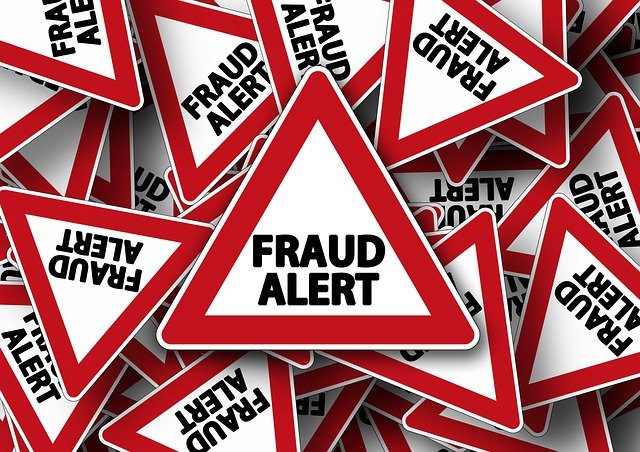New York, NY - September 22, 2017 - Attorney General Eric T. Schneiderman issued an alert reminding New Yorkers to consider consulting the office’s charitable giving tips before making a donation to support organizations assisting the victims of Hurricane Maria and other recent natural disasters.
Following Hurricane Harvey, reports indicated that some scammers were using links to purported charitable organizations as a phishing attempt to steal personal information from those seeking to make a donation. In the lead up to Hurricane Irma, there were attempts to set up fake GoFundMe campaigns soliciting donations.
“Over the last several weeks, we’ve seen natural disasters devastate Houston, Florida, Puerto Rico, Mexico, and communities across the United States and the Caribbean. As New Yorkers, many of us have family and friends in these places. We can all do our part by giving to charities that are helping people recover and rebuild. Unfortunately, natural disasters can also bring out the most shameless scammers, looking to take advantage of our generosity during a crisis, and I encourage everyone to take precautions before making a donation,” said Attorney General Schneiderman.
The Attorney General offers the following tips for those contributing to the relief effort:
Take Time To Research The Organization. Make sure you are familiar with the organization, its mission, and its effectiveness before giving. Always ask for information in writing – be wary if an organization will not provide information about charitable programs and finances upon request. Any legitimate organization will be happy to send you information. Check the Attorney General’s website – www.charitiesnys.com – to ensure that it is registered, and to learn more about its mission and finances.
Know Where Your Money Will Go. Find out from the charity what it will do with your money. Review the charity’s financial reports for information about how it spends donations. If you have been contacted by a telemarketer, review Pennies for Charity, the New York Attorney General’s annual report of fundraising campaigns in New York, to see how much is spent on fundraising costs and how much has been kept by the charity. Ask specifically how the charity plans to use your donation, including the services and organizations your donation will support. Ask if the charity already has worked in the local area or has relationships with any local relief organizations. Also, ask what the charity plans to do with any excess donations. Avoid charities that make emotional appeals but are vague in answering your questions. Be wary if an organization will not provide written information about charitable programs and finances upon request. Any legitimate organization will be glad to send you this information.
Give to Established Charities. Donate to organizations you are familiar with, or have an experience assisting in disaster relief. Get information about charities that pop up solely in response to the hurricane or those with unfamiliar names.
Be Cautious With Telephone Solicitations. Telephone calls asking for donations to charity are often made by a professional fundraiser who is required to register with the Charities Bureau. Remember – you can always hang up. If you choose not to end the call, ask whether the telemarketer is registered and how much of your donation will go to charity and how much the telemarketer is being paid. Many telemarketers receive most of the money they raise. Giving directly to a charity avoids those costs.
Check Before You Text A Contribution. Check the charity’s website or call the charity to confirm it has authorized contributions to be made via text message. One thing to keep in mind is that donations via text messaging may not reach the charity until after your phone bill is paid. It may be faster to contribute directly to the charity.
Check Before Donating to an Online Giving Site. Make sure your contribution to campaigns set up by individuals on sites such as GoFundMe or CrowdRise will go to charity and not to the person raising the funds. Don’t contribute unless you know that person.
Don’t Respond to Unsolicited Spam Emails. These formats are usually not associated with legitimate charities. Check the Department of Homeland Security’s tips, such as Avoiding Social Engineering and Phishing Attacks that are posted at http://www.us-cert.gov/ncas/tips/ST04-014.
Never Give Cash. Give your contribution by credit card or a check made payable to the charity.
Be Careful About Personal Information. Avoid giving credit card or personal information over the phone or by text message. In all cases, make sure you are familiar with the organization and check to see that the fundraising campaign is legitimate before donating.
Report Suspicious Organizations. If you believe an organization is misrepresenting its work, or that a scam is taking place, please contact the Attorney General’s Charities Bureau at charities.complaints@ag.ny.gov or 212-416-8401. The following additional websites contain helpful information to evaluate charities:
- CharityWatch – charitywatch.org
- Better Business Bureau Wise Giving Alliance – bbb.org
- GuideStar – guidestar.org
- Charity Navigator – charitynavigator.org










